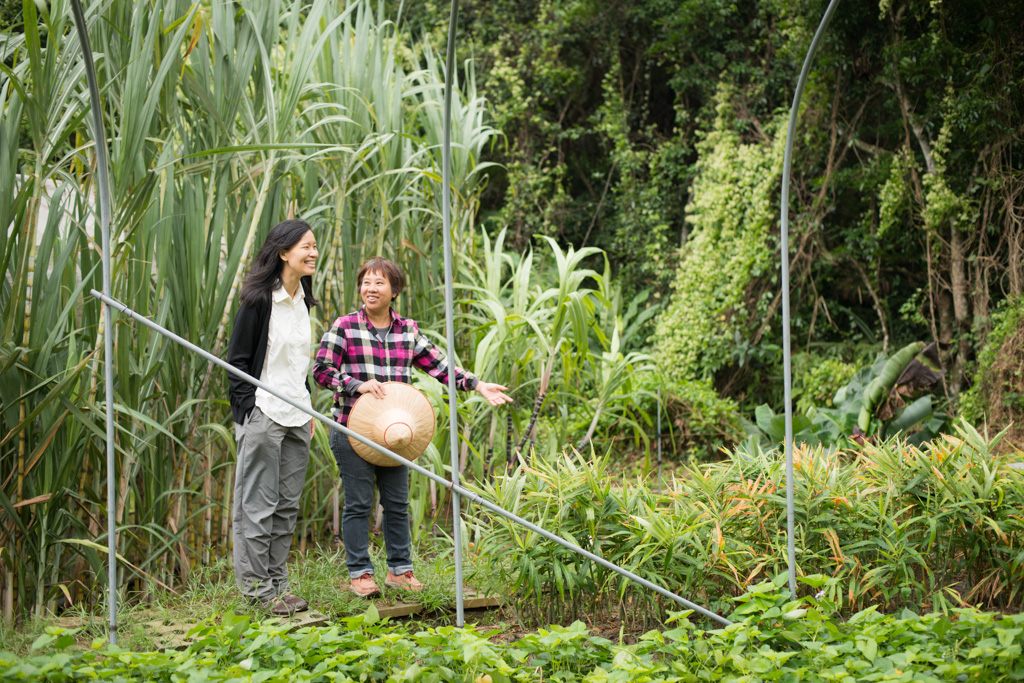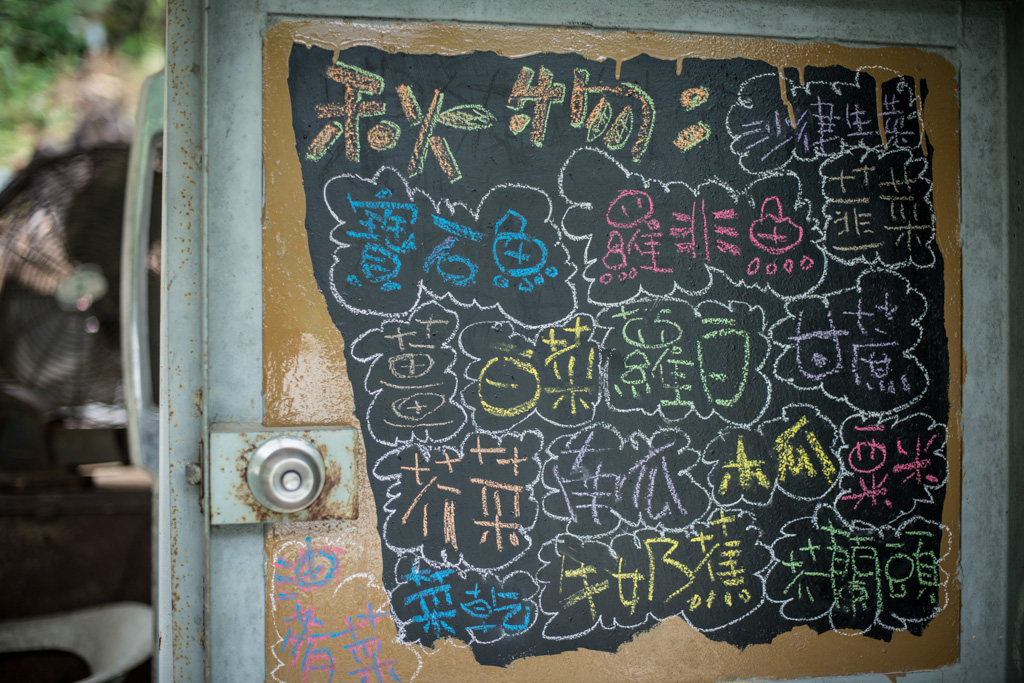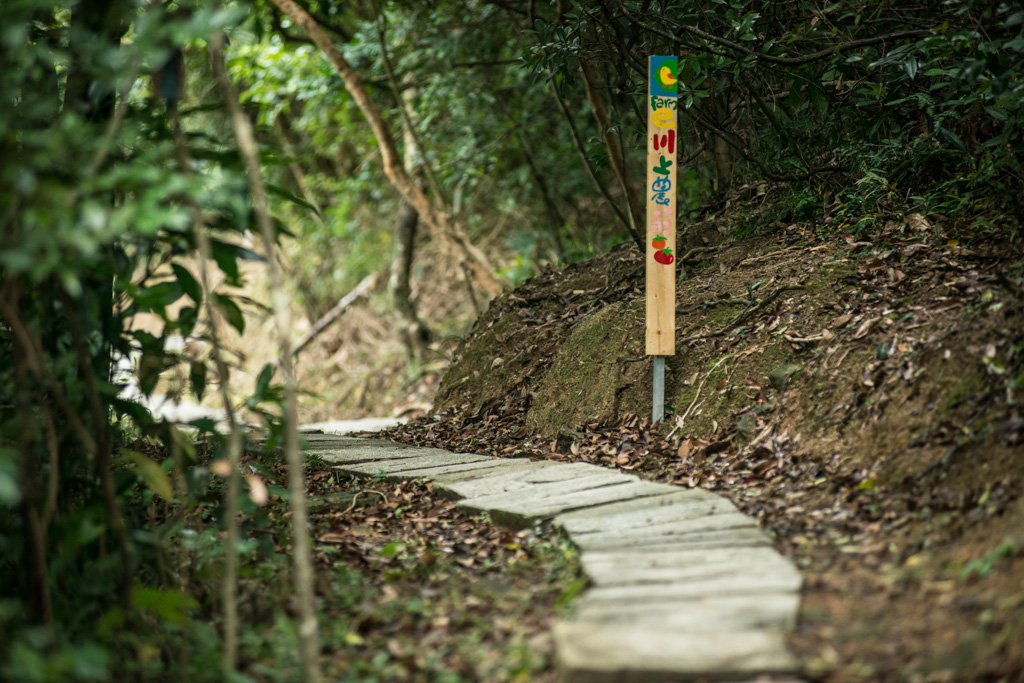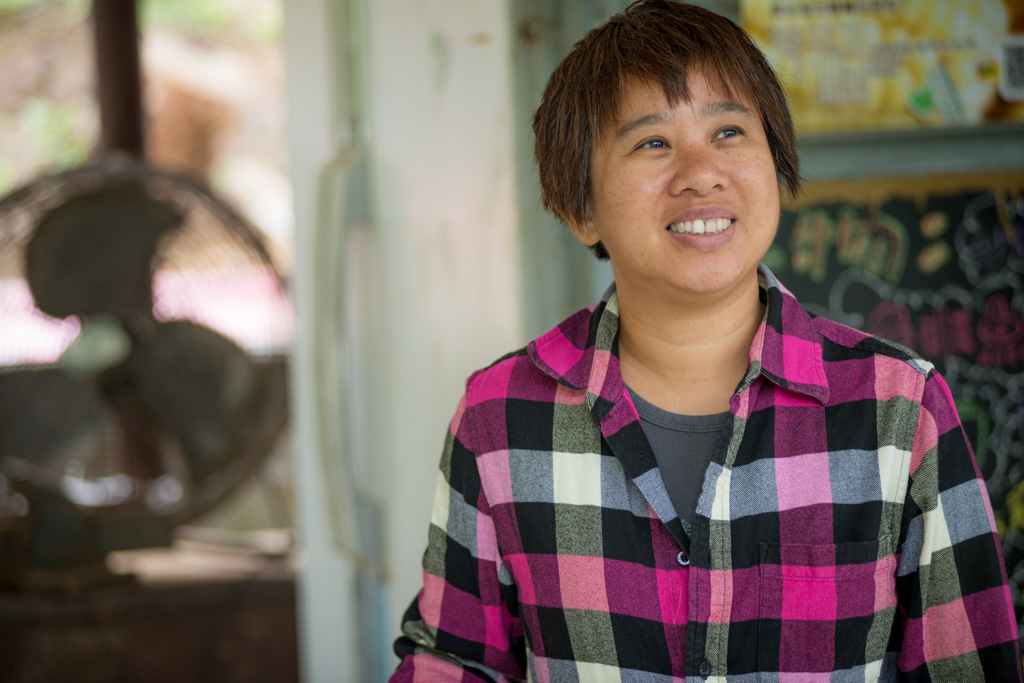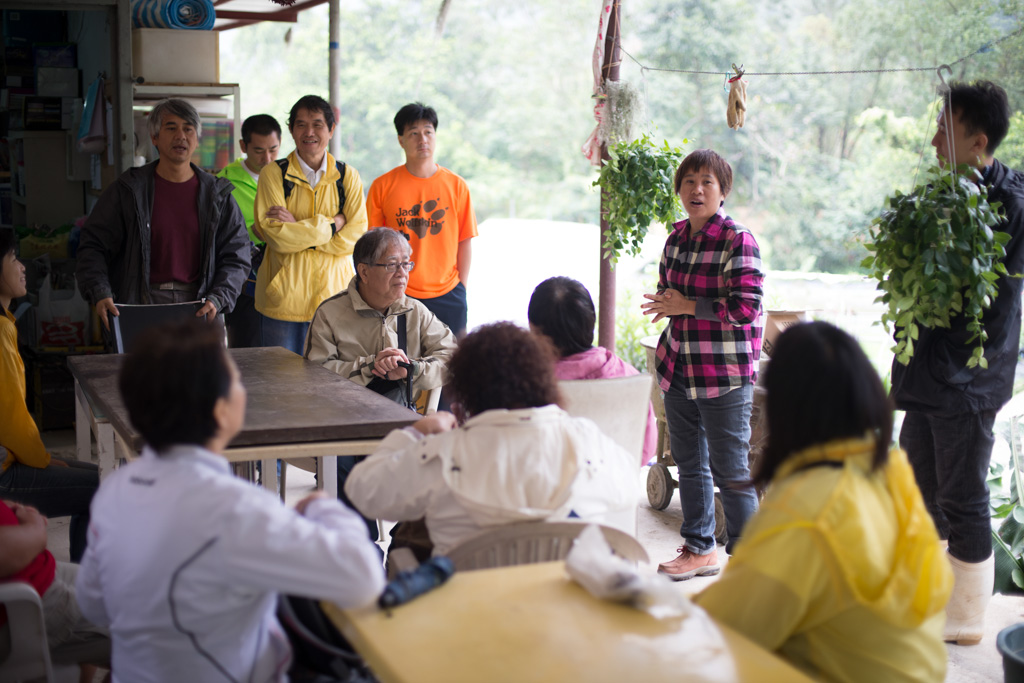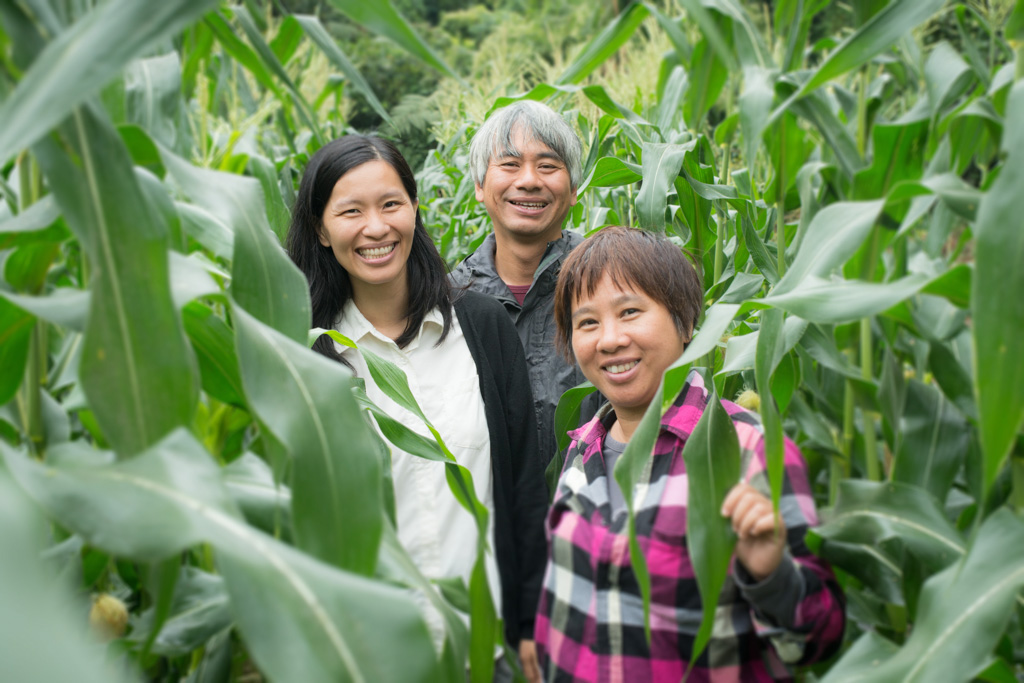Rice, camellia oil, chili sauce, black beans, ginger, shampoo, hand wash … This is not a supermarket shopping list. Rather, they are groceries and household items I bought from a social enterprise that I’ve been shopping at for nearly three years. Besides selling organic food from local farmers as well as from countries nearby, the shop also sells consumer products made by young local entrepreneurs. My green shopping habits began with Dora.
Dora Cheng Shuke-ching is a social worker. She probably doesn’t know she has a profound influence on the way I live. I’ve changed my old habits, bit by bit, after writing a news feature about her green lifestyle three years ago. Dora is also the key person behind Green Shop, which is where I get my healthy, responsibly-sourced groceries.
“I believe every effort counts. I practise what I believe in to help save the environment. I also believe that by living responsibly, I’ll set an example for my children to be responsible global citizens. They eat healthily, and they don’t waste food or buy things unless they are necessary,” said Dora.
Though I have other friends who are similarly determined to keep a low-carbon life, Dora’s the only one who’s persuaded me to change my lifestyle. Since I wrote that story about her three years ago, I’ve turned to locally-grown organic food, stopped buying takeaways (so as to reduce my use of containers that aren’t bio-degradable), and started making my own environmentally-friendly cleansers at home. These are but a few examples of how I’ve turned green in my everyday life. Looking back, I believe that Dora, who is a mother of three, has shown me that lifestyle change is not only good for myself, farmers, or the environment, but it will also have a positive chain effect on those close to us.
The other reason that has enabled me to make a lifestyle change is the environmentally-friendly store that Dora helped set up. Green Shop is a social enterprise under the charitable organisation St. James’ Settlement. Besides selling organic food and other green consumer products, the shop also provides job opportunities to housewives who can’t take up full-time work or even work just part-time. By running a roster system, it gives housewives the flexibility to organise their own schedule in a way that accommodates both work and the need to take care of their family.
Because I trust Dora, I trust the food and the goods that she’s involved in sourcing. Dora’s principle on sourcing is whether a farmer’s practice conserves nature. She is not bothered whether the farms she buys from are certified organic, since many local organic farmers think that the certification system is not actually strict enough on subjects like the use of greenhouses and pesticides, and as such, it doesn’t necessarily offer the best protection for nature. Also, getting certified is a financial burden to small farmers. Quite a number of local farmers whom I’ve befriended insist that paying for an organic certification is just a way to rip off farmers and consumers.
The idea to start Green Shop came in 2003. As Hong Kong reeled in the aftermath of SARs, the government was determined to cut assistance to the underprivileged. That compelled Dora to do something about the situation. “Those were difficult times. To survive, the poor could only buy rotten vegetables and fruits. I’m not convinced that when you’re poor, you can’t eat well,” she said.
She eventually set up Green Shop in 2007, and low-income families can take home organic food by working in the store or for charitable projects run by St. James’ Settlement. They contribute to the running of the store in various ways, such as cooking in the store’s kitchen, sewing, manning the shop, or making phone calls to customers. By selling local farm produce, she helps individual organic farmers reach their customers, saving them the trouble of marketing. “They’re farmers, and not everyone is expressive. Marketing can be tough for some of them,” Dora said.
Thanks to Dora, the local farmers I’ve met over the past few years, and the helpers at Green Shop, I’ve become a member of a new community that is built on trust and respect. It goes beyond the conventional producer-retailer-consumer relationship which is built on competitive pricing and marketing. Members of this community are spread all over Hong Kong: I live on Hong Kong Island, Dora lives in rural Tai Po, and Ah To and Teresa – a farming couple who I’ve got to know through Dora and who are also featured in this edition of Urban Diary – live in Shatin. The strong relationship of trust between us is built on an affection for nature, a respect for the labour of farmers, and a commitment to consumers’ health.
As I return to writing on Dora, I feel that her commitment to bringing people together around a shared love of nature is stronger than ever. “Everyone is busy. We’re so busy that we don’t have time to know those who grow food for us. So we put our faith in a system and in certificates. Instead of trusting the farmers, we trust certificates. Here, we build trust and prove that farmers and consumers are not enemies. We make consumers understand that farmers farm not just for money, but they take up farming because of their commitment to nature. After we build this understanding and trust, consumers cherish the farmers, their effort and the food. Our customers do worry that the farmers can’t make ends meet, and they think that the farmers should charge more when prices have stayed the same for several years,” Dora said.
Q: What do you like the most about Hong Kong?
Hong Kong is small but in this small city, we have mountains, rivers and the ocean. They are very beautiful and also accessible. We must not take our nature for granted. We should conserve them well so future generations will be able to enjoy them as we do now.
Q: What do you dislike the most about Hong Kong?
A government that is over-zealous about development. Why does every piece of land have to be poured over with concrete? Why we can’t leave the rural areas and the farms alone? Farms allow those who are fed up with the city to become farmers. They also produce healthy food for the people of Hong Kong and help resolve our food waste issue.
The problem in Hong Kong isn’t that there’s not enough land for housing but that there’s an extremely uneven distribution of land resources. Look at those new, glassy residential towers in Wan Chai, you’ll find that most of the flats are empty!
Q: What does Hong Kong have to do to be sustainable?
We need planning that integrates social, ecological and economic considerations so there will be a fair distribution of resources.
We should also treasure our natural resources. If we keep pouring concrete over nature, we will lose it forever. Our future generations are entitled to enjoy, appreciate and benefit from nature as we do now.
